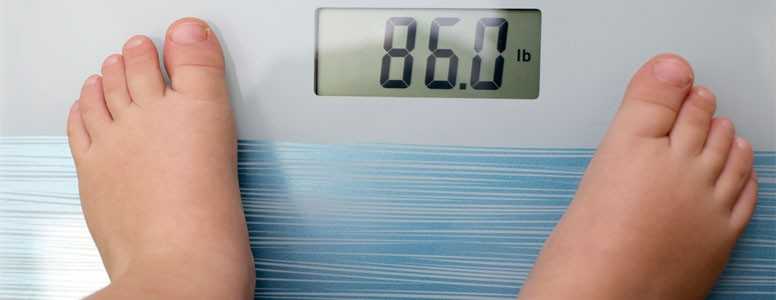The rate of children in England aged 10-11 who are severely obese has increased by more than a third since 2007, new figures show.
The proportion of obese Year 6 pupils across the country is now 4.2%, its highest ever rate, with children from deprived areas much more likely to be obese.
The data from the National Child Measurement Programme (NCMP) further highlights the need to tackle childhood obesity and reduce growing rates of type 2 diabetes in youngsters.
The government launched a sugar tax earlier this year, and Public Health England (PHE) has challenged the food industry to reduce 20% of sugar found in foods regularly consumed by children. However PHE has since acknowledged these targets are not being met.
Eating healthily – through cutting down on sugar and eating less processed food – is pivotal alongside getting regular exercise to improve the health of both children and adults. Obesity can be reversed by making healthy lifestyle changes, which can lower the risk of obesity-related complications such as type 2 diabetes and heart disease.
The NCMP data, collected between 2017-18, tracked the height and weight of children in state primary schools across England. Children in reception year (aged 4-5) and year 6 (aged 10-11) were examined.
In both groups, severe obesity is four times higher in deprived areas. Research has previously linked living in deprived neighbourhoods with increased type 2 diabetes risks.
In the most deprived areas 12.8% of reception children are obese, compared to 5.7% in the least deprived areas. Among year 6 children living in deprived areas, 26.8% are obese, compared to 11.7% in the least deprived areas.
A total of 24,437 children in year 6 were severely obese, which is 4.2% of children this age, an increase of more than a third since 2007.
Rates of obesity in reception year remained similar to 10 years ago at 22.4%, which equates to around 136,000 children.
Steve Brine, Public Health Minister said: “Obesity is a problem that has been decades in the making – one that will take significant effort across government, schools, families and wider society to address. We are willing to do whatever it takes to keep children healthy and well in this country.”
What's new on the forum? ⭐️
Get our free newsletters
Stay up to date with the latest news, research and breakthroughs.








